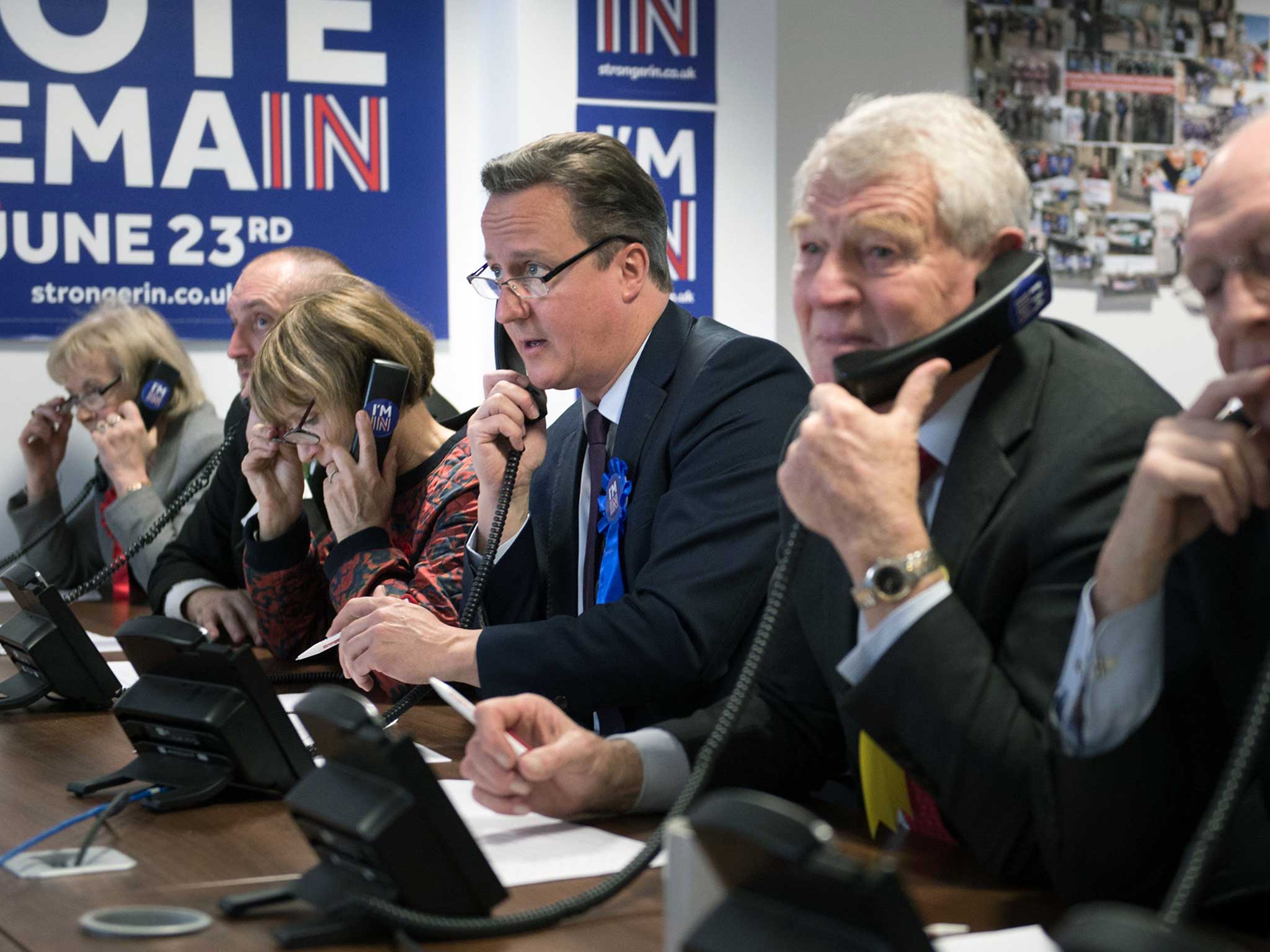From a points-based immigration system to secret agreements, this is what Brexit would apparently look like
After the Chancellor hit them yesterday with a £4,300-per-household bill for leaving the EU, we look at what Leave campaigners said in Westminster today and what they mean


Your support helps us to tell the story
From reproductive rights to climate change to Big Tech, The Independent is on the ground when the story is developing. Whether it's investigating the financials of Elon Musk's pro-Trump PAC or producing our latest documentary, 'The A Word', which shines a light on the American women fighting for reproductive rights, we know how important it is to parse out the facts from the messaging.
At such a critical moment in US history, we need reporters on the ground. Your donation allows us to keep sending journalists to speak to both sides of the story.
The Independent is trusted by Americans across the entire political spectrum. And unlike many other quality news outlets, we choose not to lock Americans out of our reporting and analysis with paywalls. We believe quality journalism should be available to everyone, paid for by those who can afford it.
Your support makes all the difference.Today was Michael Gove day. The Justice Secretary, and in effect deputy leader of the Leave campaign, delivered a thoughtful and witty speech that sought to respond to yesterday, which was George Osborne day. Osborne, deputy leader of the Remain campaign, deployed the Treasury's supergun, claiming that withdrawal from the EU would cost the average British household £4,300 a year by 2030.
No one thought the number was remotely credible, but the Chancellor blew two large holes in Leave's defences. One is that, regardless of the amount of money per household, almost all economists agree that Brexit would cause some loss to the British economy. The other was the impression that the Remain campaign was the same organised force that won the election: David Cameron, Osborne and the Conservative Government machine. They know what they are doing and they are doing it ruthlessly: frightening people, justifiably enough, with the fear of the unknown.
The Leave campaign, on the other hand, looks like a loose rabble of individualists who give slightly different answers when asked how Brexit would work. And the de facto leader of the Leave campaign and alternative prime minister, Boris Johnson, seems to give different answers each time he is asked the question.
That was the challenge to which Gove rose today. His mockery of the Prime Minister and Chancellor's scaremongering was entertaining:
The City of London would become a ghost town, our manufacturing industries would be sanctioned more punitively than even communist North Korea, decades would pass before a single British Land Rover or Mr Kipling cake could ever again be sold in France and in the meantime our farmers would have been driven from the land by poverty worse than the Potato Famine. To cap it all, an alliance of Vladimir Putin, Marine Le Pen and Donald Trump, emboldened by our weakness, would, like some geopolitical equivalent of the Penguin, Catwoman and the Joker, be liberated to spread chaos worldwide and subvert our democracy.
And his presentation of himself as a warrior against "the Brussels elite" showed some cheek.
He was good at making the democratic case for self-government: "Yes, there will be a contagion... But what will be catching is democracy," he said, just before the text of his speech inserted footnote 54. But that is the easy bit. The hard part is explaining why people won't be worse off if Britain leaves.
In answer to questions afterwards, Gove said the Leave campaign has a “full spectrum argument”, covering all subjects. He said leaving wouldn't cause an economic shock: life would broadly carry on as before, but better.
However, he didn't have a good answer to the question Osborne posed yesterday and repeated at Treasury Questions in the House of Commons today. Why would Germany and France give the UK access to the Single Market without insisting that it should be part of the free movement of EU workers? We could have free trade with the EU, like Canada, Gove said. When it was pointed out that Canada pays tariffs on many EU imports he back-tracked: "There is no single model we would have to accept."
So what would it look like? The UK would be part of a European free trade area, said Gove, with its own seat on the World Trade Organisation, instead of being represented by "a former sociology lecturer from Sweden" (Cecilia Malmström, the EU trade commissioner).
Good knockabout, but it took Dominic Cummings, Vote Leave Campaign Director and Gove's former special adviser at the Department for Education, to make sense of what Gove had said. Cummings said he had had conversations with "umpteen ambassadors" of EU countries who say privately they would do a deal with the UK but would deny in publicly. He insisted that German car makers would not allow their government to impose tariffs on imports from Britain, which is one of their biggest markets.
And he said that Britain would exclude itself from free movement of EU workers, running a points-based immigration policy that would treat applicants from all countries, EU and non-EU, equally. You might agree with it or not, or you might think Germany and France may not react rationally if insulted by Britain's departure, but at least Cummings's position was clear. If Boris Johnson could drop the bumbling and blustering and achieve similar clarity, the Remain campaign might worry.
Join our commenting forum
Join thought-provoking conversations, follow other Independent readers and see their replies
Comments